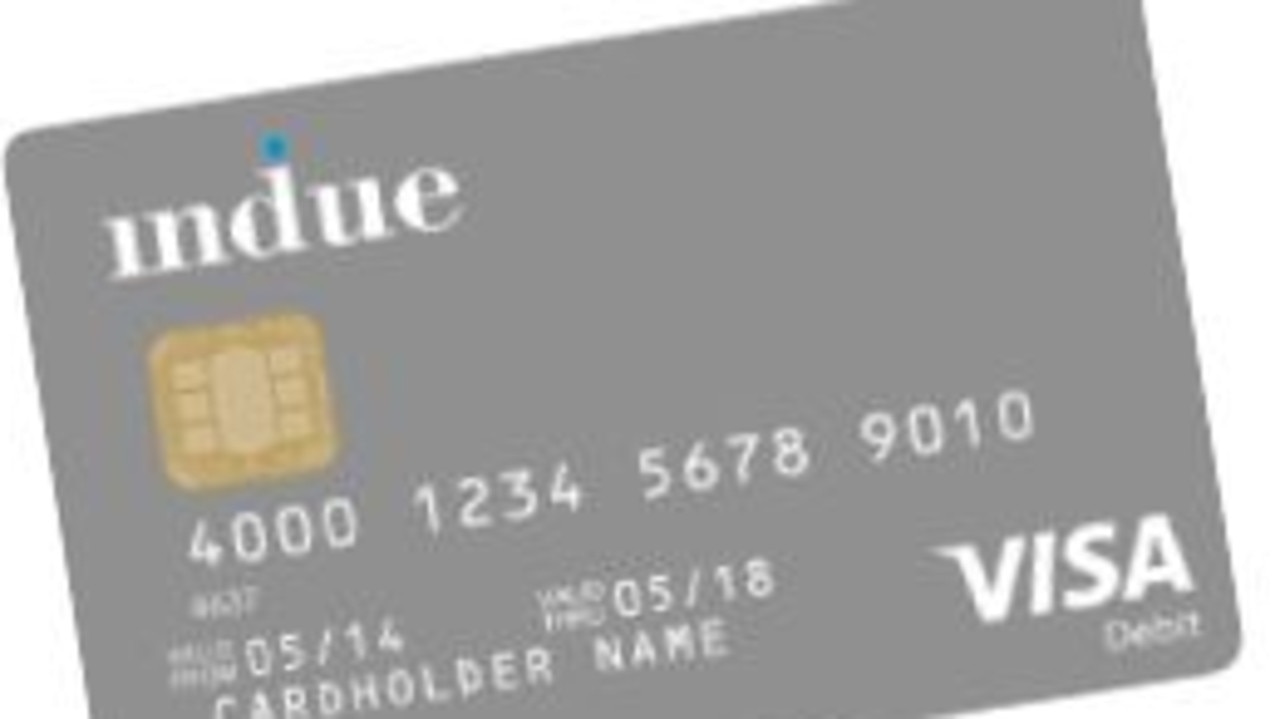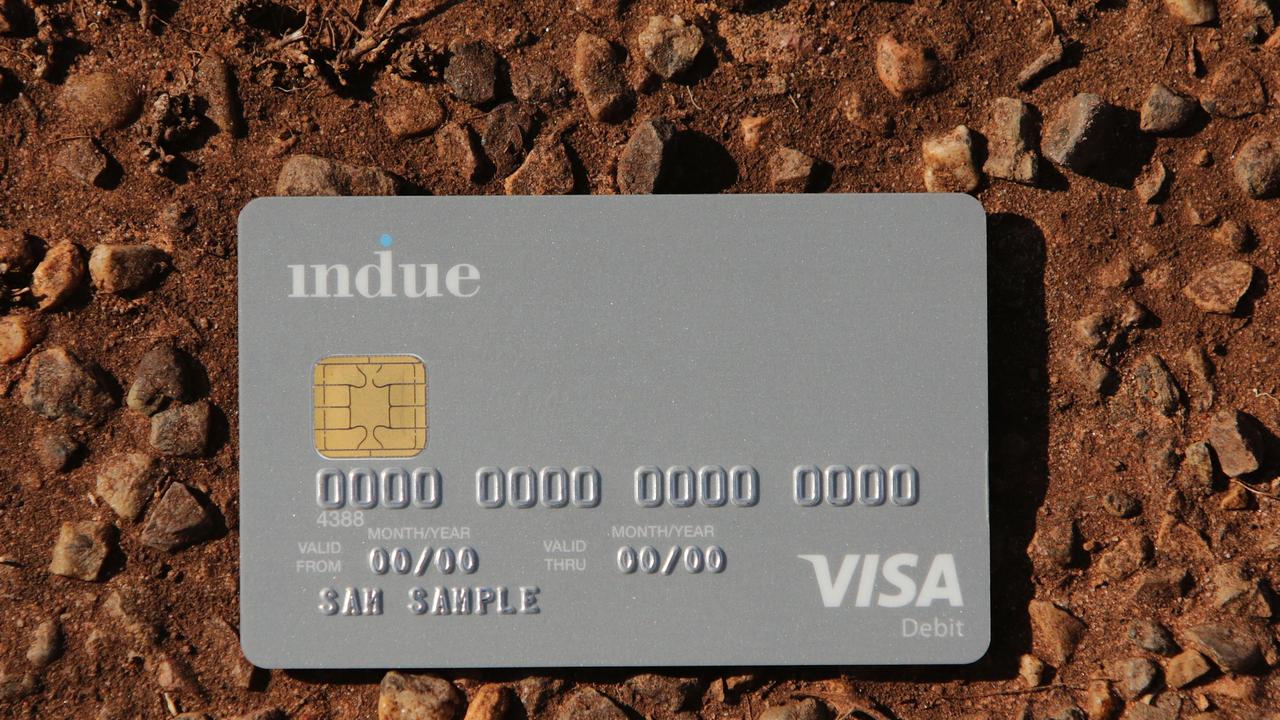Controversial cashless welfare card to be rolled out in Queensland area
A new welfare card will be rolled out across the Wide Bay region of Queensland tomorrow, controlling the cashflow of thousands of welfare recipients.

From tomorrow, more than 6000 welfare recipients in the Wide Bay region of Queensland will start to receive the majority of their payments on a debit card.
It means 80 per cent of their payments go onto an “Indue” card, which can’t be used for alcohol or gambling, and is disallowed from cash withdrawal, with the remaining 20 per cent put in their nominated bank account.
Thousands of recipients of welfare in Wide Bay in Queensland will be moved onto the new system tomorrow, in an attempt to control their ability to use drugs and alcohol or engage in gambling.
The system will affect recipients of Newstart, Youth Allowance or parenting payments under the age of 35. Wide Bay is the first urban area to be trialled. Previous trials have rolled out in the Kimberley region, the Goldfields region both in Western Australia and the Ceduna region in South Australia.
The system in Wide Bay works like this: 80 per cent of the recipient’s income will go onto the Indue card. The remaining 20 per cent will go into the recipient’s nominated bank account, and they can withdraw the money and use it as cash if they please.
The Indue cards are used like a debit card. In different areas they have different rules. For example, in the Ceduna area, users can apply to have their percentage of cashless payments altered.
WHY ARE AREAS TARGETED?
According to the Australian Government Department of Social Services site, the reasons areas are targeted include communities with high rates of unemployment in different age groups or all age groups, are at risk of alcohol and or drug abuse, intergenerational welfare dependence, gambling abuse in the area and high levels of domestic violence in the regions.

For Newstart earners, targeted in the Wide Bay area, who receive about $650 a fortnight, those placed onto the system would have their income payments transferred into cashless Indue payments of $520 a fortnight and $130 in cash every two weeks.
Indue is a privately owned company, but according to the website the cards in place have “restrictions in place to prevent the purchase of alcohol, participation in gambling activities or withdrawal of cash.”
The local member Keith Pitt has been supportive of the card, and told of how a staggering “$4 to $5 million per month in Bundaberg and Hervey Bay” is played on the pokies.
“I’ve had reports from principals, from schoolteachers, that have kids that tell them that they want to go on Newstart. That’s just terrible,” he said.
Mr Pitt described the problem of welfare use and abuse in the area as “intergenerational”.
He said one in five in the area engages in some form of income support form the government.
WELFARE RECIPIENTS FLAG PROBLEMS
When it comes to buying things like groceries, there are seemingly no problems with using the system that controls purchases and restricts spending on alcohol and gambling.
But for low-income earners like those on Newstart, going cashless for 80 per cent of their weekly purchases, they foresee problems.
“Not everywhere has a working EFTPOS machine. Systems crash. (You’re) unable to get things if emergencies happen,” noted one social media user. She mentioned the volatility in the area caused by frequent storms, which often lead to blackouts.
The same issue was highlighted by a welfare recipient on a disability income, who said a lack of access to cash caused her concern.
“Life is stressful enough without having to consider a private company taking control of finances that I already handle perfectly fine myself,” she told Nine News.
A possible fifth trial site at an undisclosed location was announced by the Government in the middle of 2018, when funds were allocated to looking into selecting a possible site, according to the Department of Social Services.
The department says the card will be considered for regions “based on a range of factors, including community interest and support, levels of welfare dependence, and levels of community harm caused by gambling, alcohol and drug abuse.”
Surveyed participants in the Ceduna region, South Australia and the East Kimberly region, Western Australia, where the card has been rolled out, have reported less drug and alcohol use and less gambling.
41 per cent of those surveyed said they were drinking alcohol less frequently. 48 per cent said they were using drugs less frequently.
48 per cent who gambled before the introduction of the trial said they gambled less often.
Opposition leader Bill Shorten has said he would make efforts to try to “roll back” the program.
“I can’t unscramble the egg of what this Government does, but what we can do if elected, is we will do what we can to roll it back,” he said.
Indue was contacted for comment on this article.



